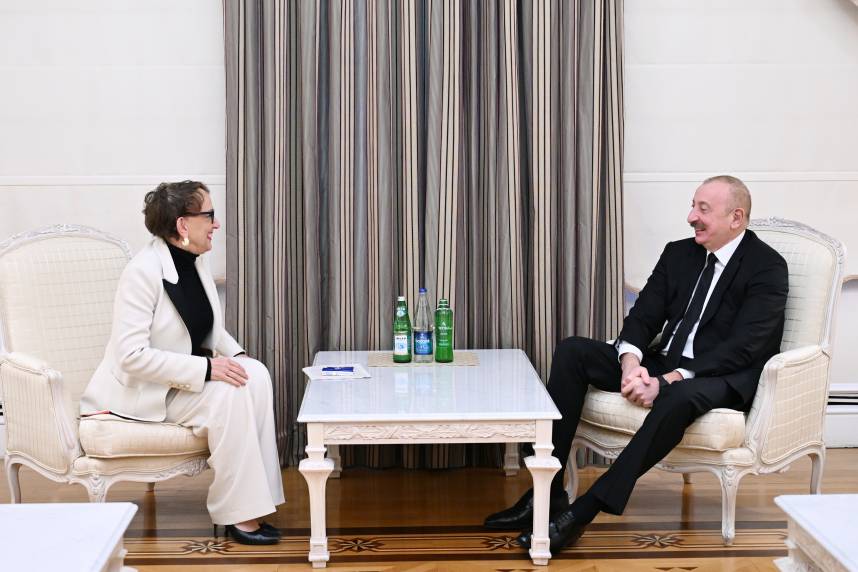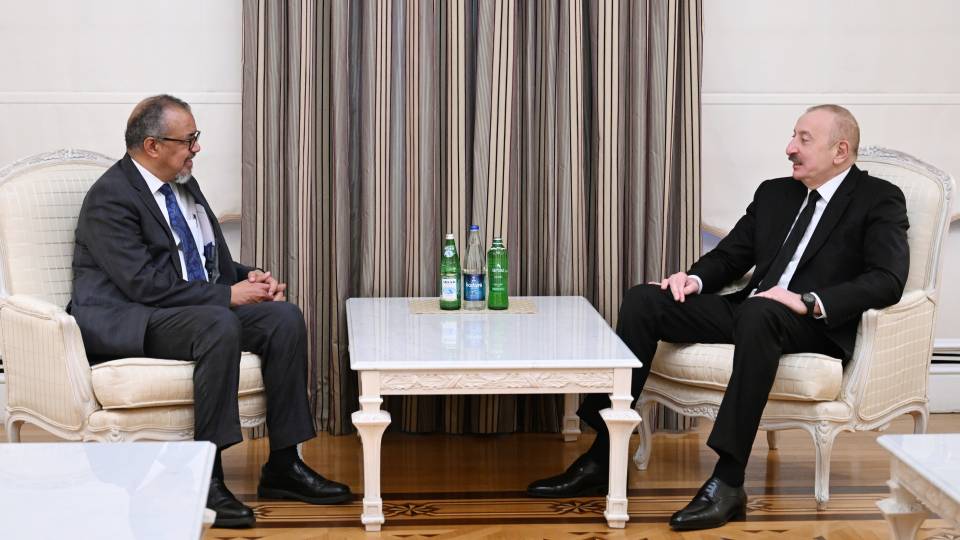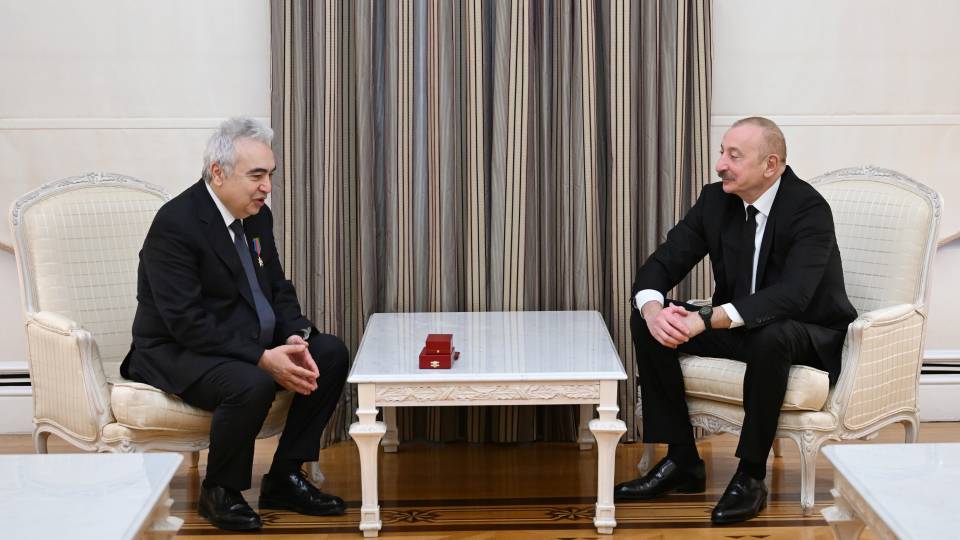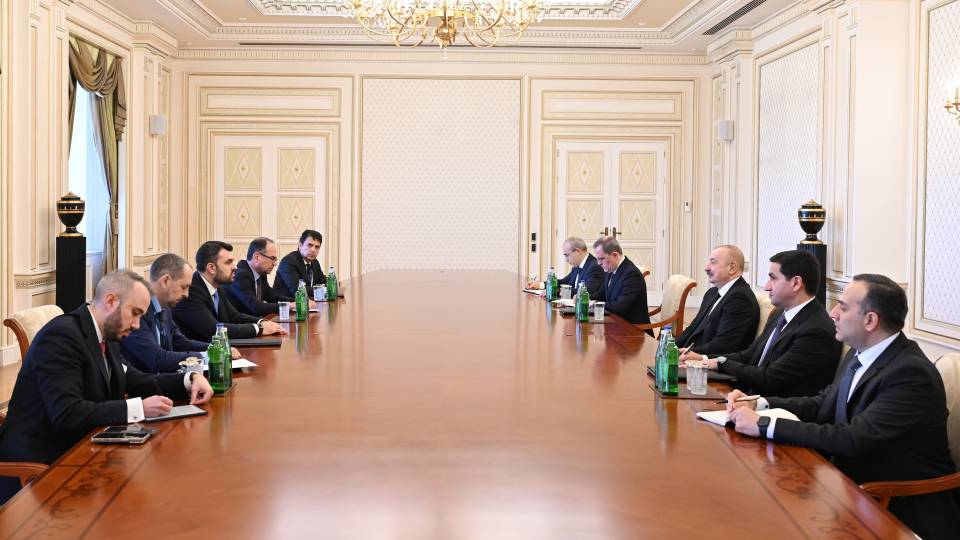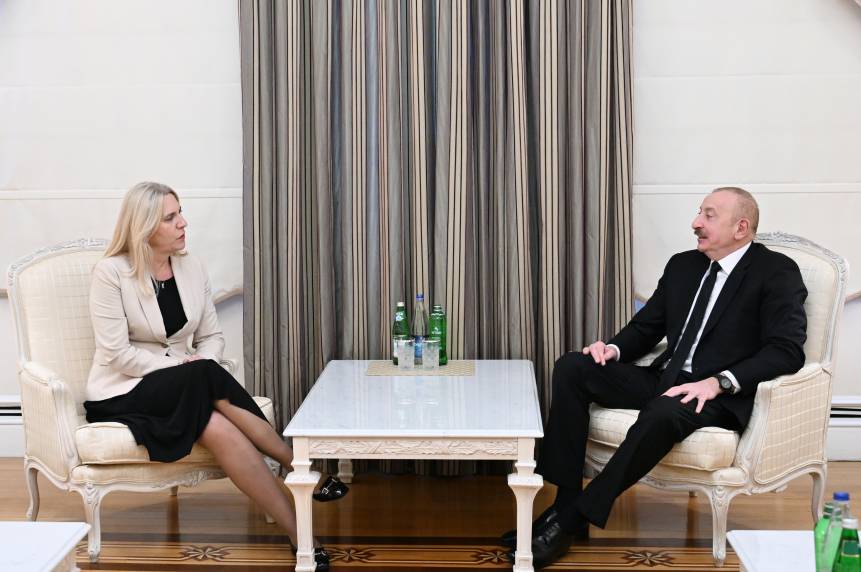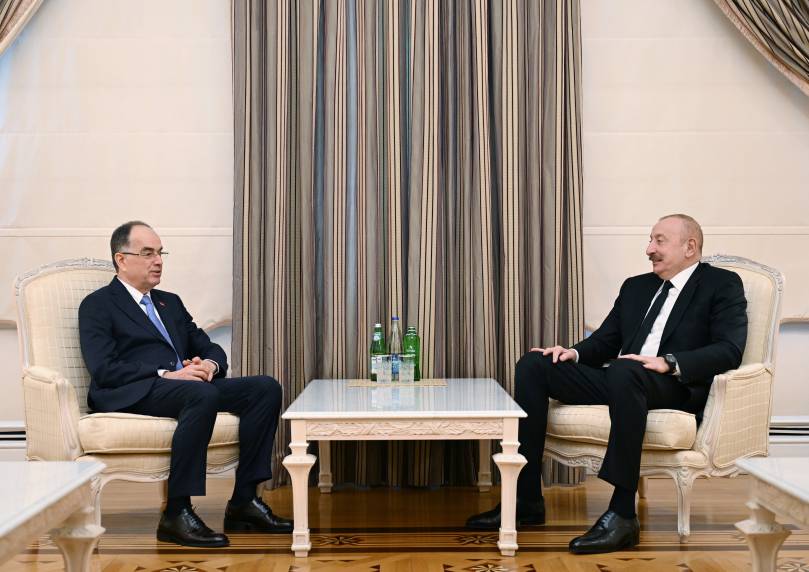Hurriyet Daily News
Thursday, July 15, 2010
Zaur SHIRIYEV
Current public policy debates in Armenia and Azerbaijan over a possible Nagorno-Karabakh war are more acceptable to those who want to return to their homes rather than live in a “no-war-no-peace” situation. The danger of another open war in the Caucasus – one much worse than the August conflict between Russia and Georgia – is all too real, which military experts and politicians in both countries recognize.
Today, Armenian and Azerbaijani forces are spread across a cease-fire line in and around Nagorno-Karabakh, often facing each other at very close range, and gunfire is common. The current situation, in which the Azerbaijani army has gained the strength to easily defeat the Armenian forces, is alarming to Yerevan while Baku has been encouraged to take back its occupied territories.
Meanwhile, there are three possible scenarios for the solution of Nagorno-Karabakh conflict. The first is that a sustainable status quo is maintained. The second is that a solution be negotiated. The third is the resumption of full-scale hostilities and the creation of a new situation on the ground.
Azerbaijan considers the first scenario unacceptable and unsustainable. The second scenario is the continuation of the current negotiations under the umbrella of the Organization for Security and Co-operation in Europe, or OSCE, Minsk Group. This is obviously the most desirable scenario, but Armenia is far from responding to the “renewed Madrid principles” which have been accepted by Azerbaijan. And finally, the third scenario, war, is difficult but becoming more and more possible.
This possible war would likely be a very quick affair, ending in the adoption of a conflict resolution plan proposed by international mediators. There are precedents of such “authorized” wars in recent history. For example, in the mid 1990s Croatia, with de facto, tacit agreement and behind-the-scenes support from great powers, solved the problem of Serbian Kraijina in a kind of “blitzkrieg.”
Unfortunately, in Armenia the tendency has been toward resumption of the sword rather than acceptance of an unpalatable peace. In the increasingly bellicose rhetoric across much of the political spectrum, a significant detail is missing. Clearly, the greater burden of compromise is on Armenia, whose people must confront truths about diplomacy and war at odds with their hopes and expectations.
First, diplomacy – even that of great powers – is not itself a force in international affairs, but a mechanism. Diplomacy can promulgate peace and avoid war, but Armenia uses this method to “keep” the occupied lands of Azerbaijan. Secondly, a military response – as Armenian politicians believe in any case – a “common response” of the member states of the Collective Security Treaty Organization, or CSTO, against Azerbaijan is not real. The real potential of the CSTO was also demonstrated during the Kyrgyz events. There is no sense in making a fright of this organization, which will interfere with the Karabakh conflict and take Armenia’s side.
Indeed, some aspects of a resumed war may represent drawbacks also for Azerbaijan. New military operations may disrupt investment in the Azerbaijani economy and slow down successful economic development. On the other hand, a new war may create serious problems for the pipeline politics of Azerbaijan. Apart from dealing a blow to its energy projects, a war in the region could seriously damage the use of transit capabilities in the region supporting the continuing operations in Afghanistan, which are unlikely to conclude in the near future.
Given the importance of Azerbaijani energy resources, the mediators could still agree to the formula of the “high level of autonomy” for Nagorno-Karabakh within the framework of the territorial integrity of Azerbaijan. This principle could be reflected in the political agreement leaving room for future maneuvers for the Armenian side given the fact that all key players in global politics would act as guarantors of all the agreements. In such a case Azerbaijan would not be able to start a war in violation of its undertakings because this would result in serious international sanctions and pressure.
In any case peace requires compromise, in an environment where both of these terms are spoken on both sides with revulsion. For the successful implementation of the “best scenario” it is important that a consensus be reached between the key players in global politics – the United States, European Union and Russia, which act as principal mediators in the Karabakh resolution process (where the EU is represented informally by France), with Turkey involved in the process as a regional power.
Finally, the “no-war-no-peace” situation could be “unfrozen” in the long term, by which time both the economic and military potential of Azerbaijan would have increased. The prospect of a military solution to the conflict on the part of Azerbaijan would also grow because patience in Azerbaijani society towards the on-going occupation of the country would be wearing very thin.
Last remark:
This year the vuvuzela was the symbol of Africans as the sounded out to the world community, making their voices clear. In the Caucasus over the 16 years, Azerbaijani refugees have suffered and still sound out to restore “injustice” in the region, but nobody is listening to them. What do they need – a vuvuzela? Or maybe a new clash and war will be the vuvuzela for the world community?
Zaur Shiriyev is a foreign policy analyst at the Center for Strategic Studies in Baku, Azerbaijan
Link to article

